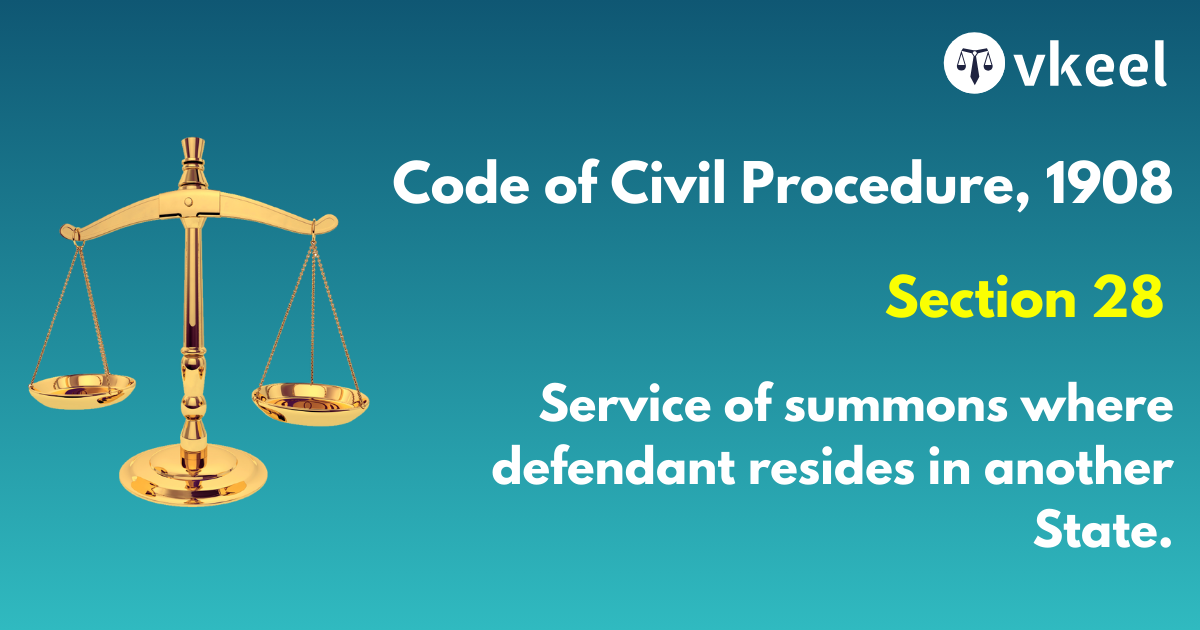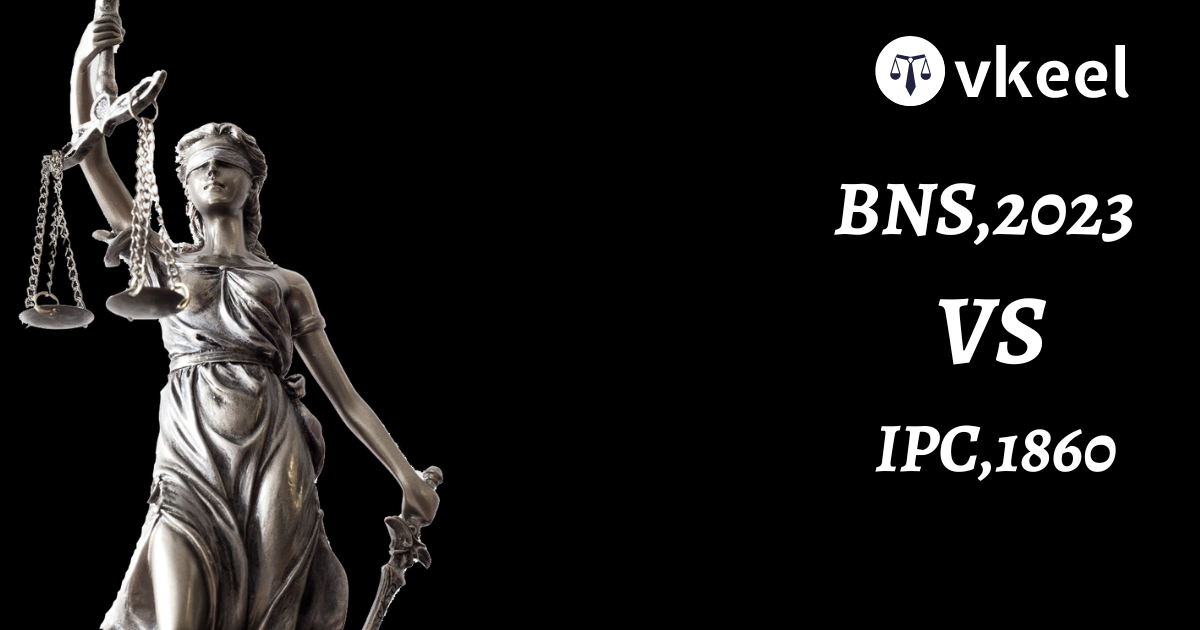Section 33 Indian Penal Code 1860 (IPC) – “Act”.”Omission”
By Vkeel Team
Table of Contents
Description
“Section 33 Indian Penal Code 1860 (IPC)”
The word “act” denotes as well as series of acts as a single act: the word “omission” denotes as well a series of omissions as a single omission.
Act
An act, according to the IPC, is any bodily movement that is voluntary and conscious. It can be an act of commission or omission. An act of commission is an act that is done by a person intentionally, while an act of omission is the failure to perform a legal duty that is required by law.
For example, if a person intentionally strikes another person with a stick, it is an act of commission. On the other hand, if a person is required by law to report a crime to the authorities but fails to do so, it is an act of omission.
Omission
An omission, as per the IPC, is the failure to perform a legal duty that is required by law. It can be an act of negligence or a deliberate act. The section further clarifies that a person can be held criminally liable for an omission if there is a legal duty to act.
The legal duty to act can arise from a contractual obligation, a statutory obligation, or a general duty imposed by law. For example, a doctor has a contractual obligation to provide medical care to a patient. If the doctor fails to do so, it can be considered an act of omission, and the doctor can be held criminally liable for the same.
Similarly, under Section 159 of the Code of Criminal Procedure, 1973, a police officer has a statutory duty to inform the nearest magistrate of any information that he receives regarding the commission of a cognizable offence. If the police officer fails to do so, he can be held criminally liable for an act of omission.
Conditions for Criminal Liability
The IPC specifies certain conditions that must be fulfilled for a person to be held criminally liable for an act or omission. These conditions are as follows:
- Mens Rea: Mens Rea is the mental element of a crime, which refers to the intention or knowledge of wrongdoing. A person can be held criminally liable only if he has the requisite Mens Rea, that is, the intention or knowledge to commit the crime. In other words, a person cannot be held criminally liable for an act or omission if he did not intend to commit the crime.
- Actus Reus: Actus Reus is the physical element of a crime, which refers to the act or omission itself. A person can be held criminally liable only if he has committed an act or omission that is prohibited by law.
- Causation: Causation refers to the connection between the act or omission and the harm caused by it. A person can be held criminally liable only if his act or omission was the cause of the harm caused.
- Legality: Legality refers to the principle that a person can be held criminally liable only if his act or omission is prohibited by law. In other words, there must be a legal duty to act or not act.
Conclusion
Section 32 of the IPC is a crucial provision that defines the terms “act” and “omission” and sets out the conditions for criminal liability. The section clarifies that a person can be held criminally liable for both acts and omissions, subject to the fulfillment of certain conditions such as Mens Rea, Actus Reus, causation, and legality. It is important to understand the scope of this provision as it is used throughout the Code to determine criminal liability.
Desctiption Source: indiacode
Disclaimer:
The information provided in the article is for general informational purposes only, and is not intended to constitute legal advice or to be relied upon as a substitute for legal advice. Furthermore, any information contained in the article is not guaranteed to be current, complete or accurate. If you require legal advice or representation, you should contact an attorney or law firm directly. We are not responsible for any damages resulting from any reliance on the content of this website.












